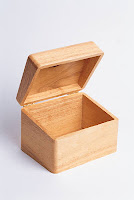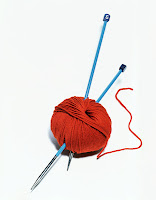So, we’ve talked about setting resolutions and setting goals. One of the biggest challenges we face is staying out of our own way. Being organized is a huge challenge for many people but it really helps you to focus. And being organized means that you can spend your time working on playing the harp rather than looking for music, pencils, light, and whatever else is getting in your way.

- Being organized doesn’t mean being neat. It also doesn’t have to be about complicated systems or collections of containers – use what you have, do what works for you, don’t let someone else tell you how to do it – just do it!
- Make to do lists – make lists of the tunes you want to work on, need polishing, what is ready to go. Use these lists to organize your practice time. They also let you know what you have ready to perform should you need to perform.
- Get your music organized – put your sheet music together – mine is alphabetized, but you should put yours together however works for you – by time signature? By key? By tune type? However you think to look for it, that’s how you should organize it.
- Have your tools close to hand – whatever you need, whether its pencils, manuscript paper, a calendar, good lighting, music stands, arranging your harps in an accessible way – do whatever you need to make your space work for you.
- Use whatever tools you need – calendar, white board, bulletin board, boxes, shelves, whatever works for you! If a white board will help you keep focused on what you’re working on, put one in your music space. If you like having everything in sight, get shelves, if you like your space tidy, use baskets or drawers to contain the clutter.
You’ll be amazed by how much more you can get done when you get organized first!











